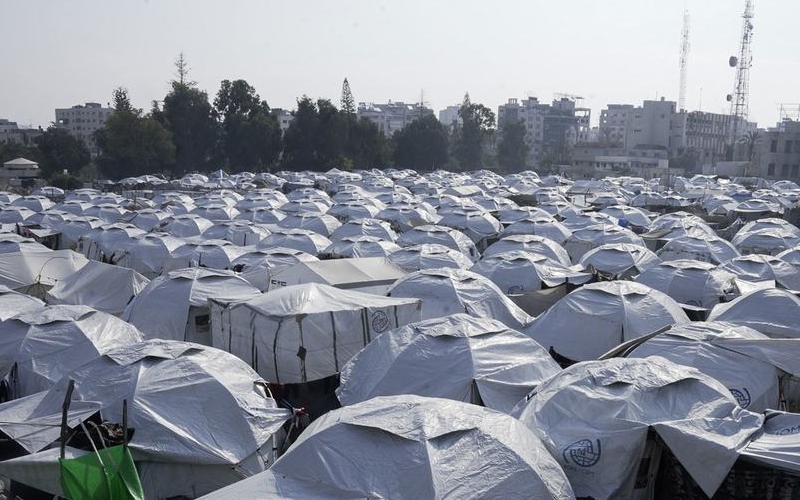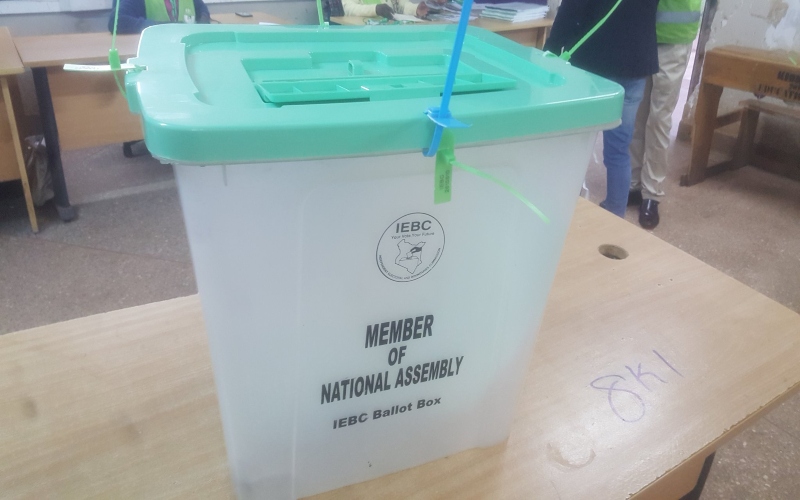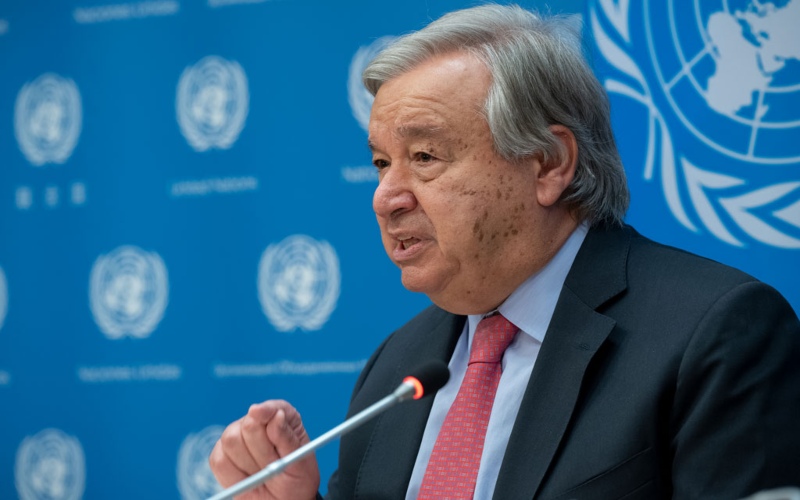Duale appoints advisory panel to guide SHA on benefits, tariffs

According to the notice, the team’s core mandate is to advise both the Health Cabinet Secretary and SHA on the development and review of benefit packages and tariffs under the Social Health Insurance scheme, a key part of Kenya’s ongoing healthcare reforms.
Health Cabinet Secretary Aden Duale has appointed a task force, comprising 11 members and 5 joint secretaries, to advise the government on the benefits packages and tariffs under the Social Health Insurance Regulations, 2024.
In a gazette notice dated April 23, 2025, Duale said the new body, officially named the Benefits Package and Tariffs Advisory Panel, was formed in line with the Social Health Insurance Regulations, 2024 (Legal Notice No. 49 of 2024), pursuant to Regulations 41 (2) and 43 (1).
More To Read
- SHA accused of ignoring law in hiring as NHIF workers left out
- Union warns of court action if SHA fails to absorb former NHIF workers
- From NHIF to SHA: Kenya's cancer patients pay the price for a broken health system
- SHA fraud: Trio in court for falsifying medical claims
- MPs grill SHA over Sh91m legal costs, disputed Karen land and stalled NHIF projects
- SHA begins review of cancer benefit package after patients’ protest
“The Cabinet Secretary for Health establishes the Benefits Package and Tariffs Advisory Panel to advise the Cabinet Secretary and the Social Health Authority (SHA) on the benefits packages under Regulation 40 (1) of the Social Health Insurance Regulations, 2024,” reads the notice.
The panel will be chaired by Prof. Walter G. Jaoko and will serve for three years.
The appointed members include Dr. Patrick Amoth, Nehemiah Odera, Margaret Macharia, Dr. Hajara El Busaidy, Robert Rapando, Dr. Gabriel Muswali, Dr. Mary Kigasia Amuyunzu-Nyamongo, Dr. Walter Oyamo Obita, Dr. Valeria Makory and Stephen Kaboro, alongside the chairperson.
Supporting the panel’s operations is a joint secretariat comprising Francis Motiri, Dr. Christine Wambugu, Dr. Tabitha Okech, Dr. Patricia Nyokabi and Dr. Abdiaziz Abdikadir Ahmed.
According to the notice, the team’s core mandate is to advise both the Health Cabinet Secretary and the SHA on the development and review of benefit packages and tariffs under the Social Health Insurance scheme, a key part of Kenya’s ongoing healthcare reforms.
SHA offers coverage for critical care services, including Intensive Care Unit (ICU) and High Dependency Unit (HDU) admissions, with charges based on the level of the healthcare facility.
Households are entitled to a maximum of 180 days of coverage for ICU and HDU services annually. However, beneficiaries will need to make co-payments if hospital charges exceed these limits. The rates apply to services offered by public, private and faith-based hospitals that are empanelled and contracted by SHA.
Recently, the government announced that cancer patients in Kenya will now be eligible for up to Sh550,000 in annual treatment coverage under the SHA programme, effective from April 1, 2025.
Duale confirmed that the enhanced support will be available to all patients registered with SHA. The funding will be split between the Social Health Insurance Fund (SHIF) and the Emergency, Chronic, and Critical Illness Fund (ECCIF), with patients able to access Sh400,000 through SHIF and an additional Sh150,000 through ECCIF.
“We are thrilled to announce that additional funding has been allocated to enhance the benefits available for patients in need of cancer diagnosis and treatment services. Each patient will now have access up to Sh550,000 per year, specifically designed to support their treatment journey,” Duale said.
Further, Duale revealed that reimbursement rates for ICU and HDU services have been significantly increased. The daily charge for these services has risen from Sh4,480 to Sh28,000.
“This change underscores our commitment to ensuring that essential healthcare services are accessible and adequately supported,” he added.
However, the announcements come amid growing public concern over the current state of the country’s social health insurance system. Since its rollout on October 1, 2024, SHA has faced widespread criticism for various issues, including out-of-pocket payments, poor functionality, and limited coverage.
Other Topics To Read
Many Kenyans have expressed frustration over their experiences with accessing care under the programme, with some unable to fully benefit from the services offered.
While the government’s efforts to expand coverage, particularly for cancer and critical care, are seen as a step towards achieving Universal Health Coverage, many citizens argue that addressing the ongoing issues within the system is crucial for these improvements to be effective.
Top Stories Today













































